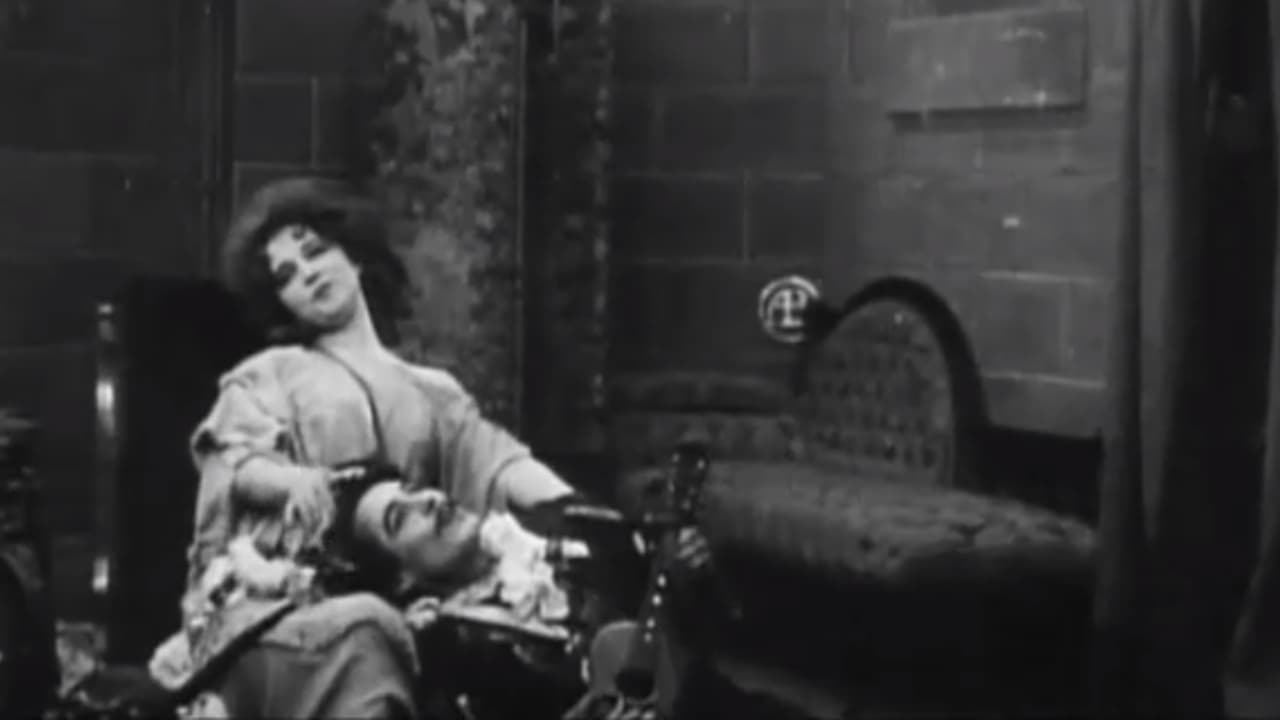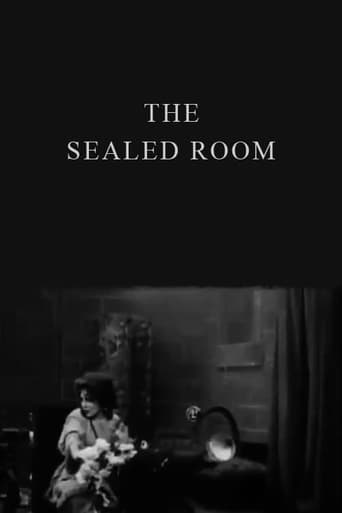


This is a small, humorous movie in some ways, but it has a huge heart. What a nice experience.
... View MoreIt really made me laugh, but for some moments I was tearing up because I could relate so much.
... View MoreThe thing I enjoyed most about the film is the fact that it doesn't shy away from being a super-sized-cliche;
... View MoreWorth seeing just to witness how winsome it is.
... View MoreI loved this movie, and I loved Arthur V. Johnson's performance in it. I have seen him in several movies, and he was always excellent in them. He is described as a "pioneer actor and director of the early American silent film era", but an even better description would be "the first great actor in silent films", and he was certainly great in this movie! I do not think he over-acted: he was required to play a man outraged by his woman's infidelity, and that is how he acted it. Much credit should be given to director D.W. Griffith, and to co-stars Marion Leonard and Henry B. Walthall, who both turned in excellent performances. Considering this movie was made in 1909, I would say it is a superior movie, and I definitely recommend it!
... View MoreSealed Room, The (1909) *** (out of 4) D.W. Griffith's version of Edgar Allan Poe's 'The Cask of Amontillado' has a King learning that his wife is cheating on him so he seals her and her lover behind a brick wall. This short film manages to have some nice suspense as well as some very good direction from Griffith who gets everything he can out of the story in such a short running time. The ending is wonderfully wicked as well.You've got several options when viewing this title. Image, Kino, Grapevine and a couple public domain companies have released it.
... View MoreEarly film directed by D.W. Griffith; it features a gloriously happy King (Arthur V. Johnson) and his Queen (Marion Leonard) - but, wait! When the King leaves the scene, his Queen makes music with the palace's Minstrel (Henry B. Walthall). When the King discovers the lovers, he decides to enact a horrific Edgar Allen Poe-type revenge. It's difficult to believe the lovers can't hear those plotting against them; although the actors are trying to look alternately noisy (the lovers) and quiet (the cement mixers). The sets make "The Sealed Room" look very staged. The performances are okay, and the story is easy to follow. *** The Sealed Room (9/2/09) D.W. Griffith ~ Arthur V. Johnson, Henry B. Walthall, Marion Leonard
... View MoreHad this movie been made a few years later, I would have given it a lower score. However, for 1909, this was a dandy little movie and still stands up pretty well today. Just don't try to compare this silent film to later silents--the industry changed so radically that the shorts of the first decade of the 20th century don't look at all like movies made in the 1910s and beyond.This movie is 11 minutes long (about average for most films back then) and is a variation of the Edgar Allen Poe story, THE CASK OF AMONTILLADO. While many are familiar with the story, I won't elaborate further as I don't want to ruin the film. Just suffice to say that it's very creepy!!
... View More